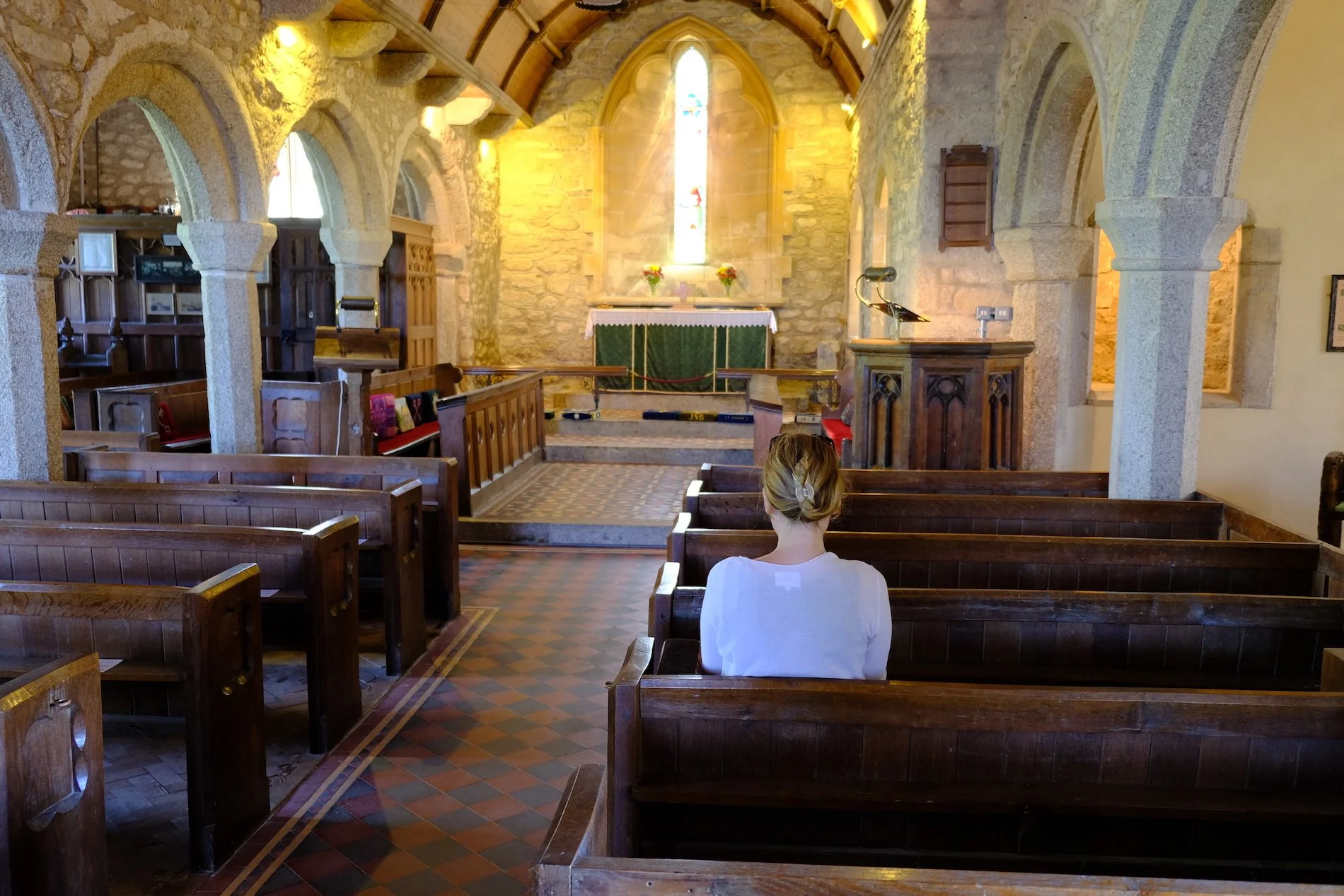Dead and Risen with Christ, Colossians 2:20-3:4
So if, through your faith in Christ, you are dead to the principles of this world’s life, why, as if you were still part and parcel of this world-wide system, do you take the slightest notice of these purely human prohibitions—“Don’t touch this,” “Don’t taste that” and “Don’t handle the other”? “This,” “that” and “the other” will all pass away after use! I know that these regulations look wise with their self-inspired efforts at worship, their policy of self-humbling, and their studied neglect of the body. But in actual practice they do honor, not to God, but to man’s own pride… If you are then “risen” with Christ, reach out for the highest gifts of Heaven, where your master reigns in power. Give your heart to the heavenly things, not to the passing things of earth. For, as far as this world is concerned, you are already dead, and your true life is a hidden one in Christ. (J.B. Phillips, NT).
Paul describes here the conversion experience in terms of “dying and rising.” A true Christian is dead to the principles of this world’s life and is risen with Christ; he sets his mind on heavenly things. The “principles of this world’s life” are in this context arbitrary impositions or prohibitions that some false teachers had been teaching to the church in Colossae. Apparently, they had mixed Judaism with some sort of asceticism and Christian doctrine, and they had requested that the church abstain from certain foods and drinks and some other healthy pleasures of life. On the other hand, they encouraged celibacy and worship of angels (Colossians 2:18) as a way to supposedly reach a higher level of spirituality. So, they said things like: “Don’t touch this,” “Don’t taste that” and “Don’t handle the other.” Paul’s response to such prohibitions is that they “do honor, not to God, but to man’s own pride.”
The desire to feel spiritually superior has always haunted some people in the church and has usually led to an arrogant legalism and division. Paul tells the Colossians and us that we must die to this mentality because we are saved by grace through faith and not by personal merits or works. Christ’s sacrifice is sufficient. It needs no additions. Nevertheless, often we find it difficult to assimilate and accept this simple fact and continue to teach a salvation that is half grace and half works. I’ve seen this particularly among Hispanic churches in the United States and in Latin America where preachers tend to impose their opinions over the church regarding foods, dressing, hair styles, holidays like Christmas, birthday celebrations in the church buildings, etc. Sometimes the gospel is treated as if it were a second law of Moses.
The Pharisees in the first century promoted a spiritual elitism based on an external form of religion. They separated themselves from the common people whom they considered spiritually inferior. Jesus said to them:
“You hypocrites! Isaiah describes you beautifully when he said: ‘These people draw near to me with their mouth, and honor me with their lips, but their heart is far from me. And in vain they worship me, teaching as doctrines the commandments of men.’”
Paul urges the Colossians to set their minds on things above: “If you are then ‘risen’ with Christ, reach out for the highest gifts of Heaven, where your master reigns in power. Give your heart to the heavenly things, not to the passing things of earth.”
The highest gifts of Heaven are the spiritual blessings that we enjoy as children of God: Love, mercy, forgiveness, joy, etc. The Colossians needed to concentrate their efforts in becoming like Christ, incarnating His virtues:
Since God chose you to be the holy people he loves, you must clothe yourselves with tenderhearted mercy, kindness, humility, gentleness, and patience. Make allowance for each other’s faults, and forgive anyone who offends you. Remember, the Lord forgave you, so you must forgive others. Above all, clothe yourselves with love, which binds us all together in perfect harmony. And let the peace that comes from Christ rule in your hearts. For as members of one body you are called to live in peace. And always be thankful.” (Colossians 3:12-15, NLT)







